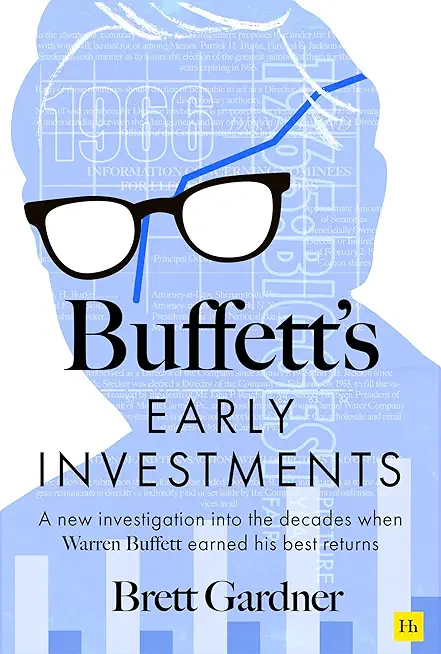
Press, Three Candles
Have you wanted to get investing or trading the markets but never got around to starting? Or finding out how to go about it?
The truth is, it has never been easier to access and make money from the financial markets as it has today, now just made even easier with 'A Beginner's Guide to Technical Analysis', your essential guide to the technical analysis approach to investing.
This guide breaks down the world of technical analysis into bitesize chunks, providing you with clear, step-by-step instructions and easy-to-understand examples. Whether you're a complete beginner with zero trading experience, or someone looking to sharpen their skills, this book will empower you to spot trends and patterns, identify opportunities, and navigate the markets with complete confidence.
In this book we will cover:
- An Introduction To Technical Analysis - What exactly is technical analysis, how can it be used to help me make money?
- Setting Up To Trade: What You Need To Know - Covering the basics such as developing a trading plan, choosing the best broker and terms such as order types, stop loss and take profit and asset classes.
- The Trading Chart - Covering the different trading charts you will see when trading.
- The Trend - The significance of the trend in making money in the markets. Covering key concepts such as the Dow Theory, constructing trendlines, candlestick patterns and chart patterns such as triangles, head and shoulders and wedges.
- Technical Indicators - Using indicators such as volume, MACD, RSI and moving averages to make more informed trades, and to assess the strength of the current trend - divergences are some of our favorite methods we use.
- Advanced Technical Concepts & Trading Strategies - Covering other technical concepts including cycles, such as the economic cycles that impacts the trend, Elliott Wave Theory, Wyckoff Method for selecting stocks and momentum and contrarian trading, as well as tools available to traders.
- Market Psychology - Since technical analysis focuses on supply and demand in the markets, of which is mainly made up of humans, emotions and cognitive biases, such as loss aversion play a role in why the markets move the way they do. We will also cover a case study, the Dot-Com Bubble as assess the psychology in that asset bubble.
With "A Beginner's Guide to Technical Analysis," you'll embark on a journey that will transform you from a novice trader into a skilled investor. By implementing the expert insights and proven strategies shared in this book, you'll be well on your way to securing your financial future.
Don't miss out on this opportunity to unlock the potential of the markets and grab your copy today!







